The election for parliament in the Republic of Moldova on 28 September, 2025 ended in a landslide victory for the ruling Party of Action and Solidarity (PAS). The result was seen by many as a validation of the country’s pro-European policy against the backdrop of the hybrid war Russia has been waging.
To gain an insight into the fault lines in Moldovan society accompanying this victory, we talk to two prominent analysts. Eminent commentator of political life Mihail Sirkeli, founder of the media outlet Nokta, who is Gagauz and has Bulgarian citizenship, lays emphasis on the geopolitical necessity of PAS’ electoral victory. On the other hand, Bessarabian Bulgarian Alexander Lambov, a post graduate student of political studies at the University of National and World Economy in Sofia, and researcher of public sentiments in Southern Moldova, focuses on the reaction by the Bulgarian and the Gagauz community which traditionally vote against the pro-European vector.
The geopolitical imperative: Why PAS won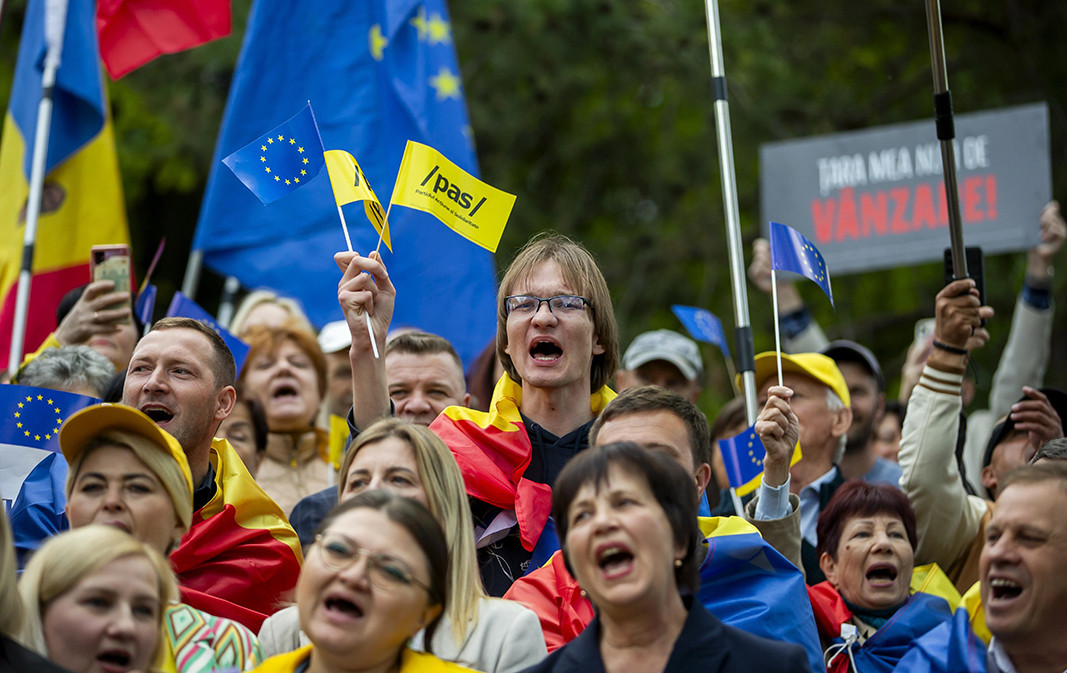
Mihail Sirkeli regards the election result as a direct response to the hybrid war Russia has been waging on Moldova. Voters have come to realize that voting for pro-Russian parties means dragging the country into the war and a complete loss of sovereignty, he says, and goes on that against the background of the war in Ukraine and the occupation of Transnistria, choosing PAS means choosing security and stability. Despite the initial promises of domestic reforms (in the judiciary, the fight against the oligarchs), the government was forced to re-focus on crises of a higher order: pandemic, energy crisis, war, he adds.
The Euroscepticism of the Bulgarians and the Gagauz
Though PAS won nationally, Southern Moldova, where there are compact Bulgarian and Gagauz communities, continues to be an electoral fortress of the pro-Russian forces. Talking about the reaction of the Bulgarian community in Moldova, Alexander Lambov says that the results are no surprise (around 80% of the voters in Taraclia and in Gagauzia support the opposition Patriotic Bloc), as in the region of Taraclia PAS has never won more than 10% of the votes.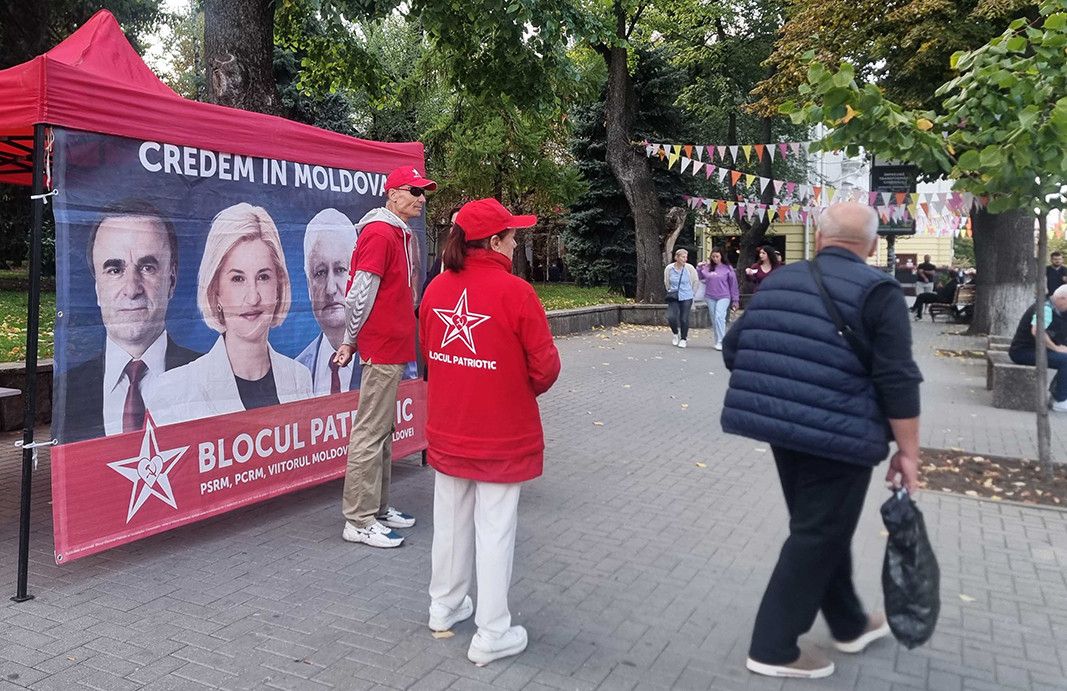
The two analysts offer similar but complementary explanations as to why there is such a deep rift between the centre (Chișinău) and the South.
Mihail Sirkeli focuses on the identity of these communities during the time of the USSR, and says that they do not regard Moldova, or Bulgaria, or Turkiye as their home country, but attribute this role to the Soviet Union, adding that Russia controls the Gagauz and the Bulgarians by force of two principal mechanisms: 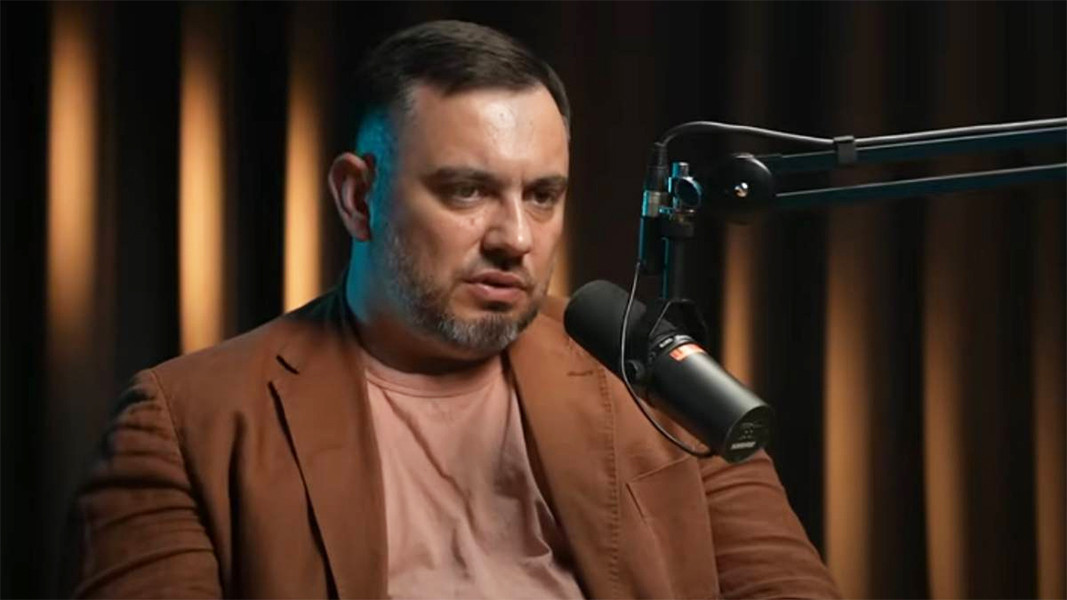
“Russia controls the Gagauz and the Bulgarians via two things: fear and hatred… The fear is that “the Romanians will come” – a propaganda myth. They detest the pro-European government, they detest Maia Sandu because she is not married, she does not have children, because “she is for Europe”, “she is Romanian”, etc.,” Mihail Sirkeli explains, and to all this, adds an institutional failure – Moldova’s inability, over the past 35 years, to integrate the communities via the study of the Romanian language at an adequate level.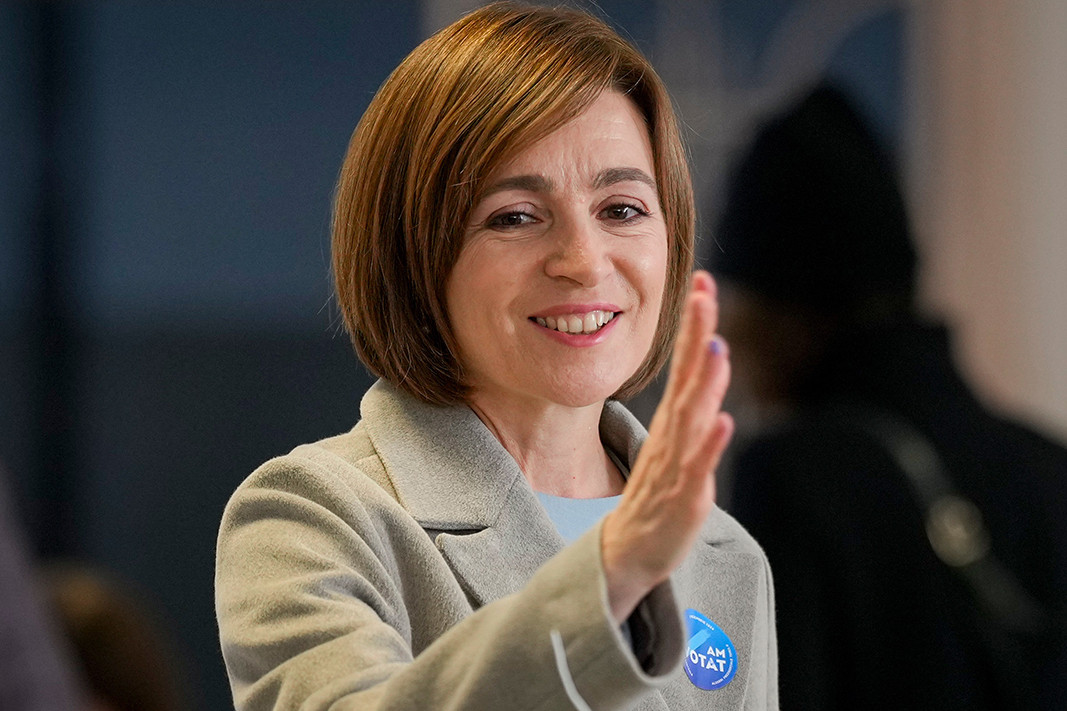
Alexander Lambov offers a more in-depth analysis, presenting data from focus group studies in Taraclia, which reveal the core of Euroscepticism. PAS is regarded as “rather right wing politically, with a slight nationalist bias”, he says, which automatically repels the ethnic minorities.
Bulgarians’ expectations do not coincide with the unconditional pro-European leanings of the Romanian-language majority in the Republic of Moldova - they regard European integration as a “conditional good”, i.e. it is only acceptable provided it leads to an immediate improvement of economic life. If it doesn’t it loses support.  “Bessarabian Bulgarians see European integration as a confrontation between the EU and the USSR. Many of them regard the end of the Soviet period (the 1980s) as an end to the prosperity of the region… This mythical period is presented as the opposite of the reality of today,” says Alexander Lambov. Euroscepticism also has powerful conservative riots, he says, connected with tolerance of the LGBT movements in the EU, something seen as a breach of traditional values. The way oligarchs like Ilan Shor are regarded is also paradoxical.
“Bessarabian Bulgarians see European integration as a confrontation between the EU and the USSR. Many of them regard the end of the Soviet period (the 1980s) as an end to the prosperity of the region… This mythical period is presented as the opposite of the reality of today,” says Alexander Lambov. Euroscepticism also has powerful conservative riots, he says, connected with tolerance of the LGBT movements in the EU, something seen as a breach of traditional values. The way oligarchs like Ilan Shor are regarded is also paradoxical.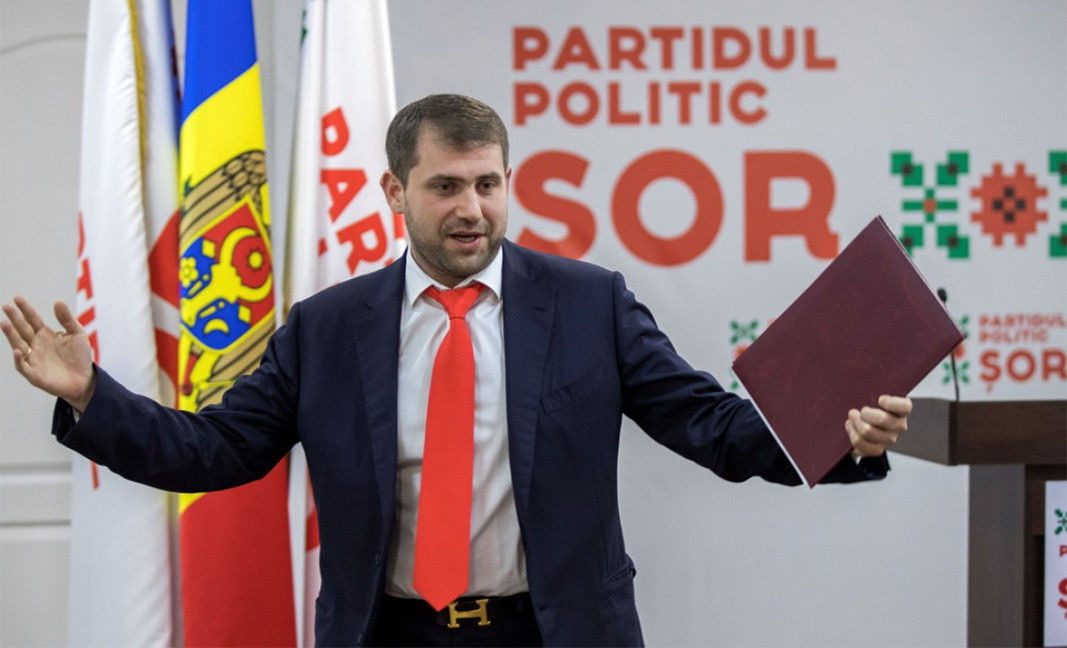
“I have talked to Shor supporters and they say something that sounds cynical: Everyone is stealing, the people in Chișinău, they are stealing also, but this one (Shor), at least he is sharing something with us”. That is how he is regarded.”
So that it looks like, at this stage for the Southern regions, the fact there is no connection with PAS is not just a question if Russophilia, it is a question of incongruity between the political profile of the people in power, and the social, economic and cultural expectations of the minorities.
Bulgaria’s role
Both experts see a potential role for Bulgaria in overcoming Euroscepticism in Southern Moldova, especially after the Bulgarian University of Russe Angel Kanchev opened a branch in Taraclia. Mihail Sirkeli is sceptical there will be a quick effect on identity: 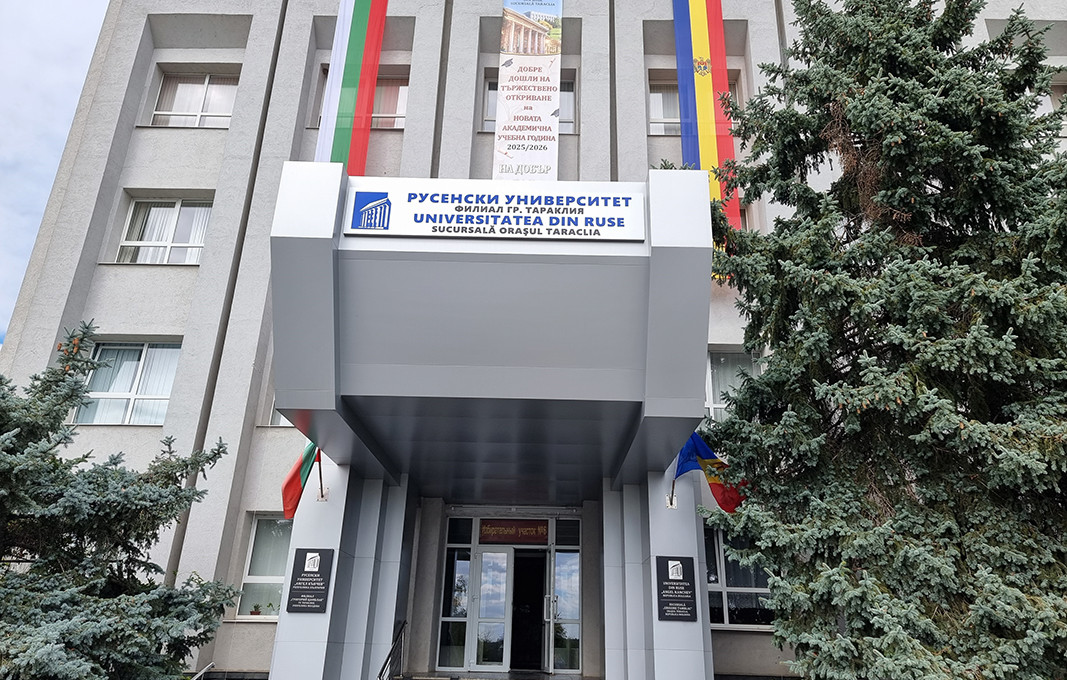
“I don’t know whether this university will be able to change anything on the level of identity, to tell Bulgarians that they are Bulgarian, not Russian… Something has to be done about identity. I think Bulgaria should extend the exchange programmes and be that connection.”
Alexander Lambov agrees that the Republic of Moldova relies on Bulgaria to help “overcome Euroscepticism”, because Bessarabian Bulgarians hold Bulgaria in very high regard. Nevertheless, he says this fact does not translate into a political vote:
“People love Bulgaria because it offers projects, and support, via decree 103, by force of which Bessarabian students study at Bulgarian universities… Still it is difficult to act politically, to change people’s political position.”
The crucial incongruity which stands in the way of change is the political equation for PAS: meeting the demands of the Bulgarians and the Gagauz “could lead to loss of voters for PAS in Chișinău” (according to Lambov). This creates a situation in which the centre (Chișinău) and the South (Tarfaclia/Gagauzia) remain in a state of “insurmountable contradiction”.
The future: The European integration continues
After the electoral victory both analysts expect PAS to take advantage of the political pendulum and to get Moldova on the road to the European Union at an accelerated rate.
“Moldova is ready to open negotiations with the EU. It is connected with Ukraine in this process… Ukraine is our big shield. It is a guarantee that Moldova will be able to move on… That is why I think we should advance towards the EU together with Ukraine,” says Mihail Sirkeli. 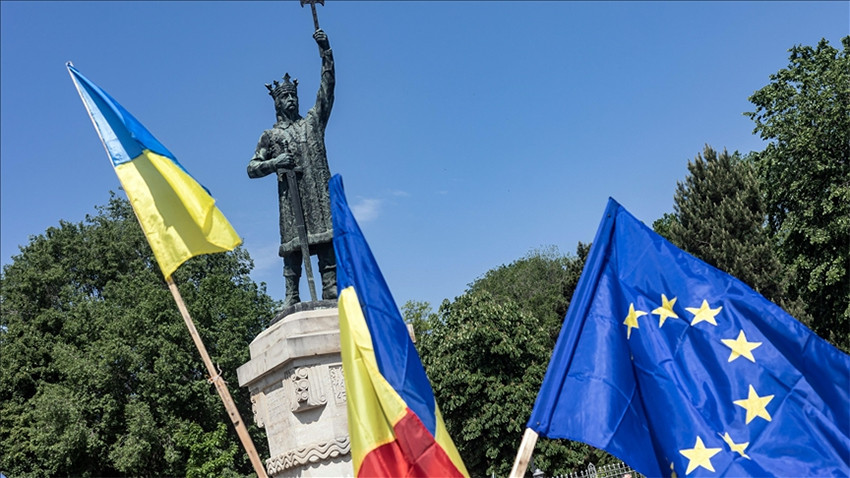
Alexander Lambov confirms this direction, and says he expects a deepening of European integration, combatting electoral corruption and measures to diminish Russian influence. He cautions that any attempts to reduce the sphere of use of the Russian language could become “a source of conflict” in Southern Moldova, but emphasizes that the centrist powers have not been able to become politically significant in the post-war conditions of polarization.
“I believe that what will follow will be steps towards deepening European integration, negotiations with the EU will begin on the various negotiating chapters. This result really is a major achievement for PAS… I believe PAS will take steps to reduce Russian influence in the region,” says Alexander Lambov.
Conclusion
The election for parliament in September 2025 in Moldova is a clear geopolitical choice in favour of the EU by the majority which understands the danger of a Russian hybrid war. This choice has been reaffirmed with the extradition of Moldovan oligarch Vladimir Plahotniuc from Greece to the Republic of Moldova - a way for Chișinău to demonstrate it is on the road to becoming a law-governed country once again. 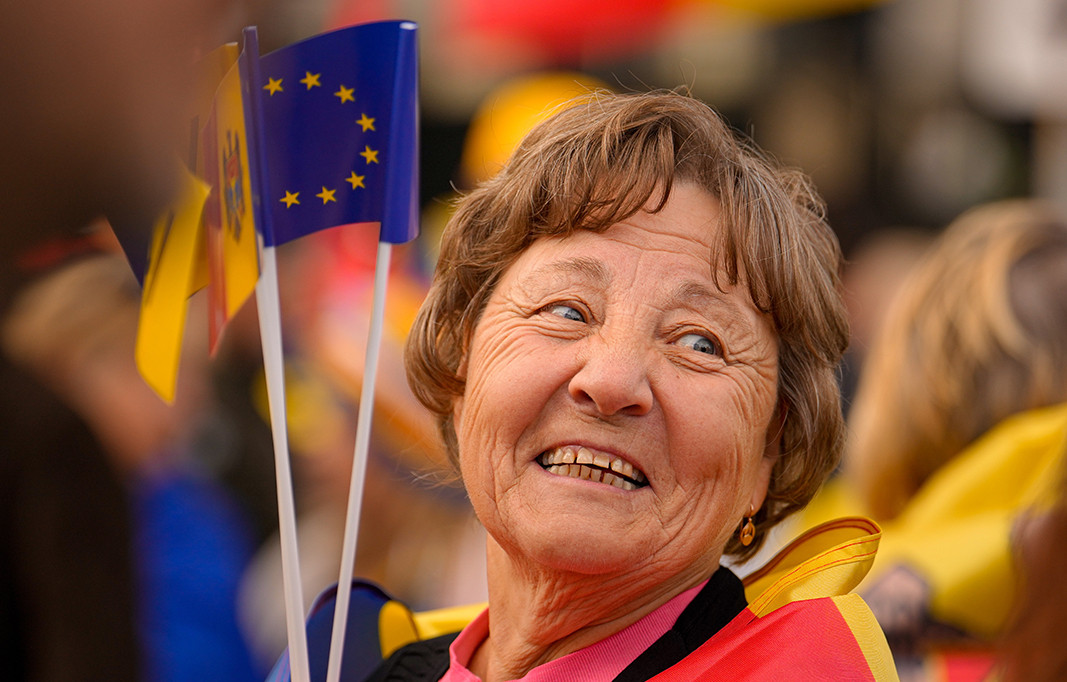
Still, PAS’ election victory has not united the entire country – once again it highlights the dividing line between the pro-Europeans centre of the country and the Eurosceptic South, dominated by Bulgarians and Gagauz. Though in different ways, both analysts we talked to stated that their votes have been “ensnared by the Soviet paradise lost”, conservatism and scepticism regarding the immediate economic advantages of European integration.
Bulgaria, with the high standing it holds and projects like the branch of the University of Russe in Taraclia, is called upon to play the role of a bridge between the EU and these communities. Nevertheless, as the two analysts point out, bridging this divide is a difficult and long process. The incongruity between the geopolitical necessity for European integration and the inner need for the social and cultural integration of the minorities remains the biggest challenge the PAS government face. Moldova has started on the road leading to the EU but what it must do is make progress in all of its regions, even if some of them are wary and sceptical of the direction taken.
Translated and posted by Milena Daynova
Photos: AP/BTA, EPA/BGNES, Vladimir Mitov, aa.com.tr
Bulgaria’s National Assembly rejected President Rumen Radev’s veto on the amendments that expand the powers of the special commercial administrator of Lukoil, reported BNR’s correspondent Maria Fileva. The MPs from the ruling majority, supported by..
President Rumen Radev has vetoed the legislative amendments related to the appointment of a special commercial administrator in the Lukoil refinery in Burgas. The head of state said that the amendments undermine the legal order in..
Convulsions Before Multipolarity — a Time When Illusions Are Sacred and Truth Is Heresy is the title of a new book that will be officially presented in early November in Sofia. It explores the agony of a unipolar world, an era of geopolitical..

+359 2 9336 661
